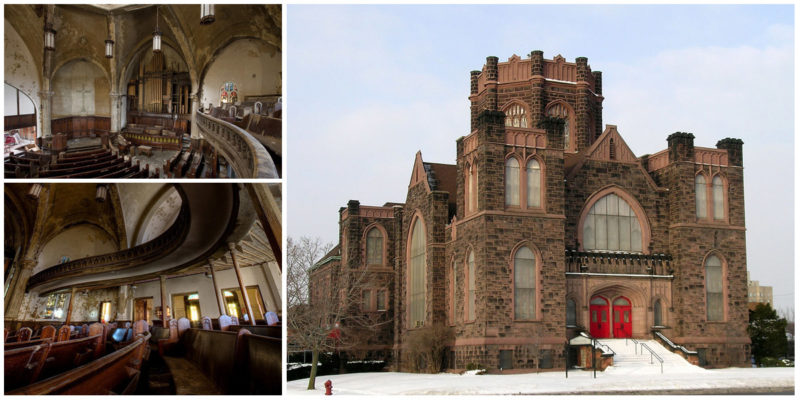The Woodward Avenue Presbyterian Church, located in Detroit, Michigan is one of the most gorgeous and unique churches in the city.
It was built in 1911 by the architect Sidney Badgley in the Gothic Revival style. The church was built to serve congregants and for some time it was known as the Abyssinia Church of God in Christ. In 1982, it was listed on the National Register of Historic Places.
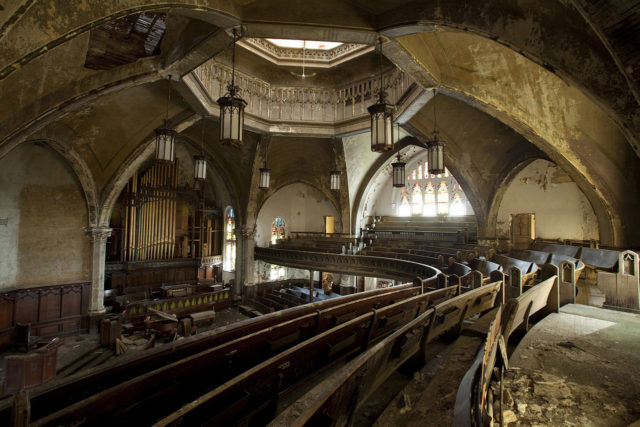
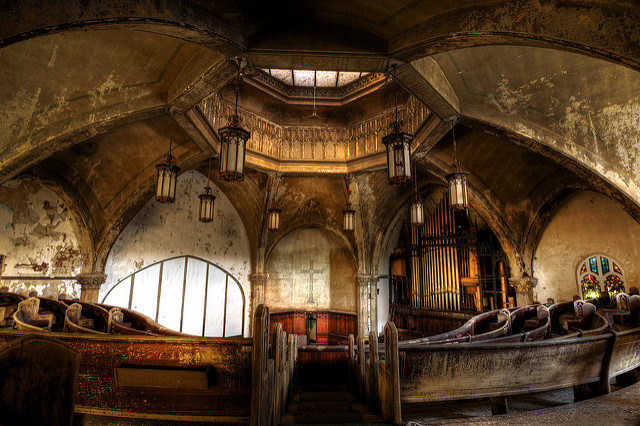
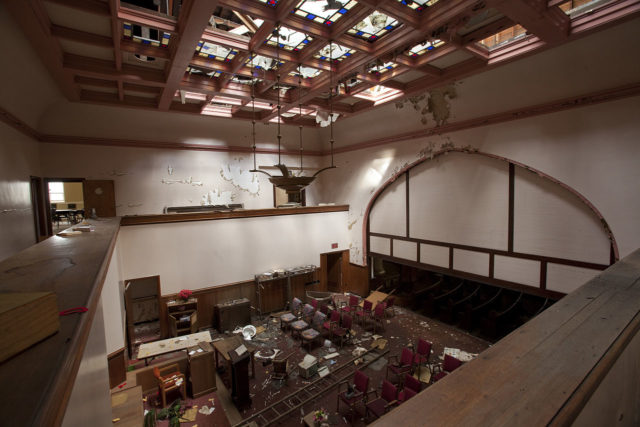
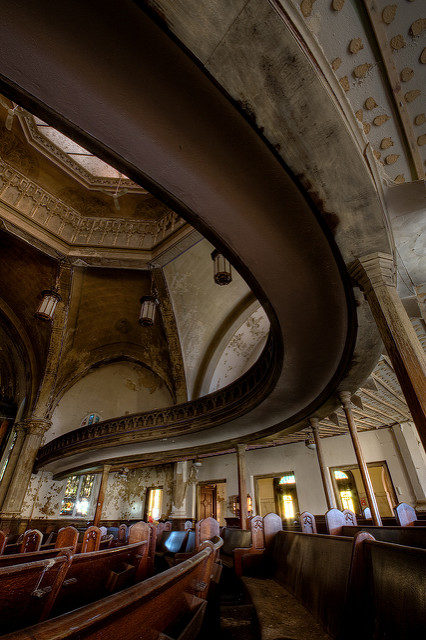
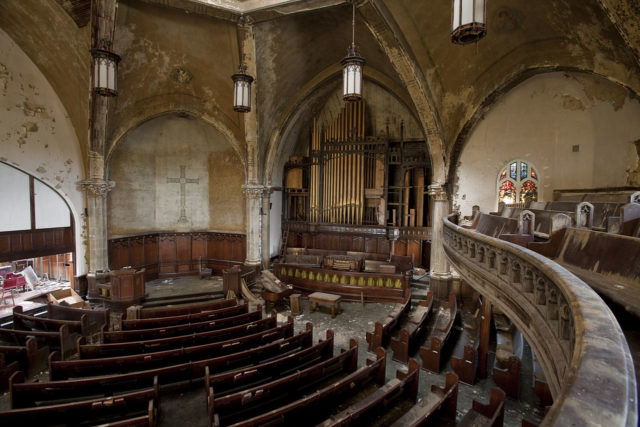
By 1908, the Detroit’s Presbyterians decided that a church was needed to serve congregants which at that time was located in the north Woodward area. The presbytery organized the congregation on March 17, 1908 and at the beginning the church had 163 members.
The first congregation minister was Reverent Sherman L. Divine who had plans to build a sanctuary that would cost $100, 000. Many donations were made and the cornerstone for the Presbyterian Church was laid in 1910 on January 1. It was dedicated the next year on June 23.
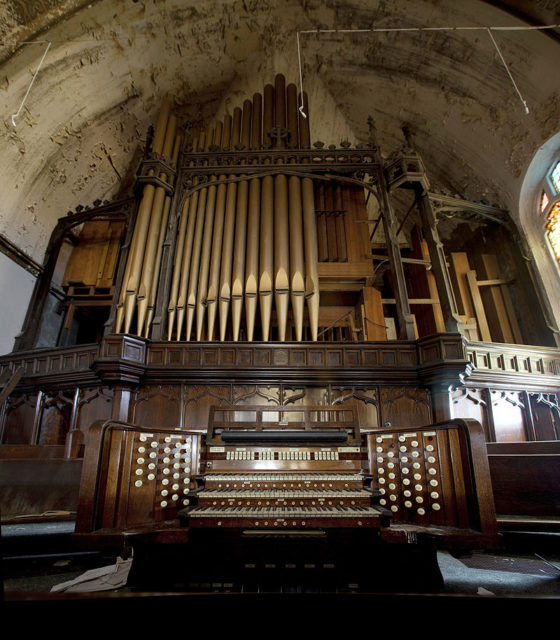
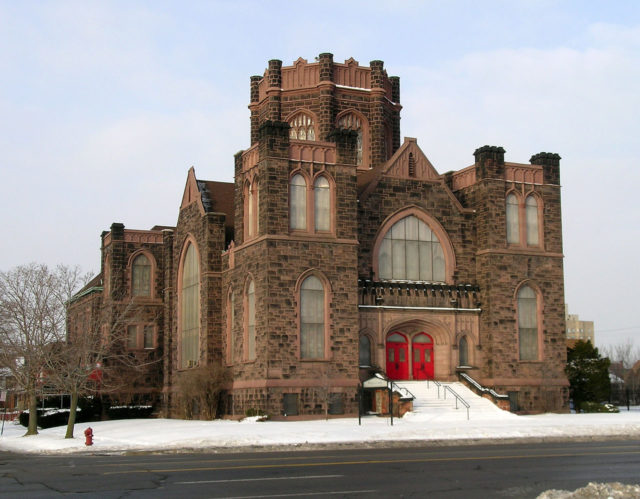
The structure of the church is made of brown stone and smooth limestone trim and it has carved windows in Gothic style. One year before it was built, there were 325 members in the church which were holding services in different locations.
After the cornerstone was laid, the membership number had grown to 742 and by 1921 there were 2200 members. At that time, the church was one of the largest of its kind in the city. In 1937 many repairs were made on the church exterior. The inside of the building was extended and the altar, the pipe organ, and the sanctuary were also repaired. The land where the church stands and the pipe organ were donated by Mrs. Tracy McGregor. In the 1950s, many of the members left Detroit and until 1971 there were only 404 members left. At the beginning of the 1960s, the congregation made it clear that they didn’t want to leave the city. Many people who moved to the suburb areas started to built new churches and the Woodward Avenue church started to struggle with financial difficulties.
Because of the situation in 1981, it merged with the Covenant Church. Even then they had a small number of members and by 1991, there were only 210. After a while, the congregation left the church and became the Abyssinia Interdenominational Church. After the pastor died in 2005, the church closed for good. It was purchased by the Cathedral of Praise Baptist Church in 2009 but they didn’t have enough capital to restore it. In 2010, the church fell into despair and the only interest for the building was shown by a group who wanted to turn the place into a homeless shelter.
